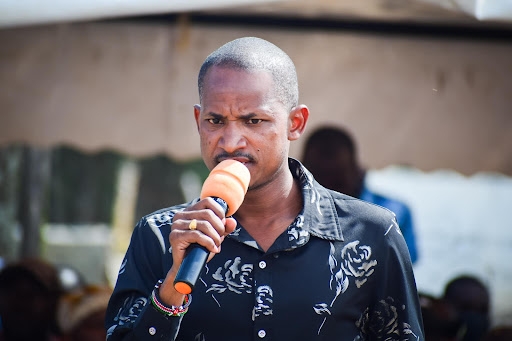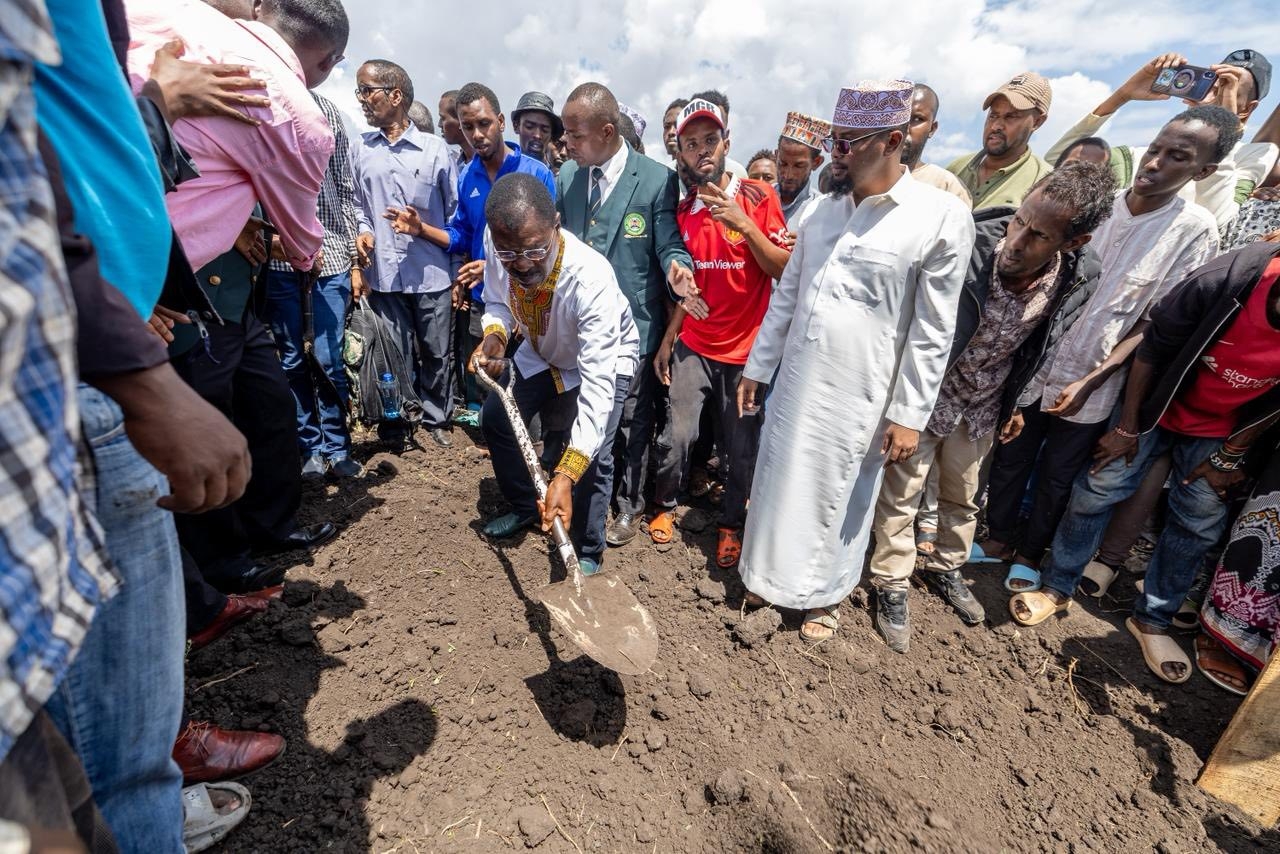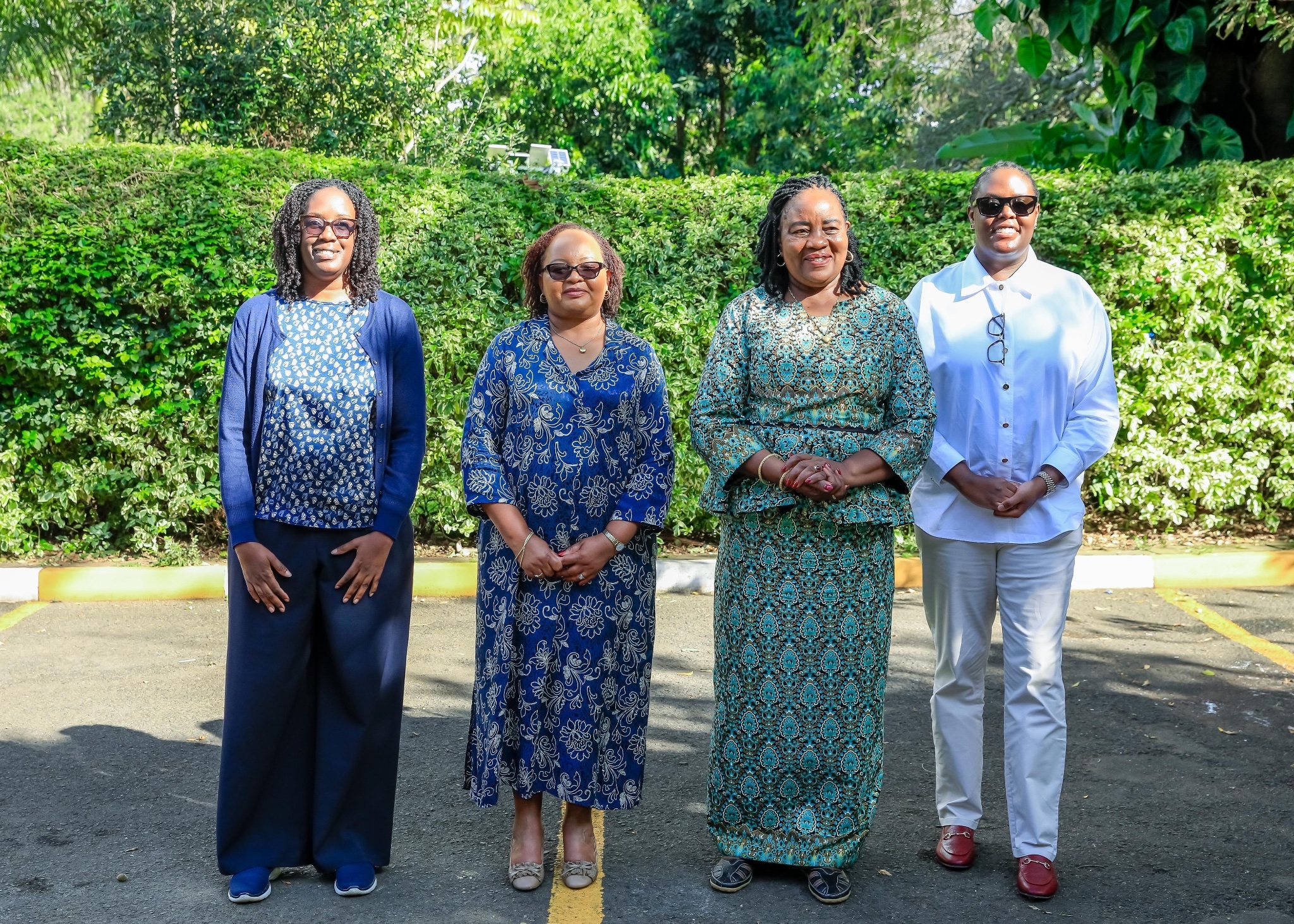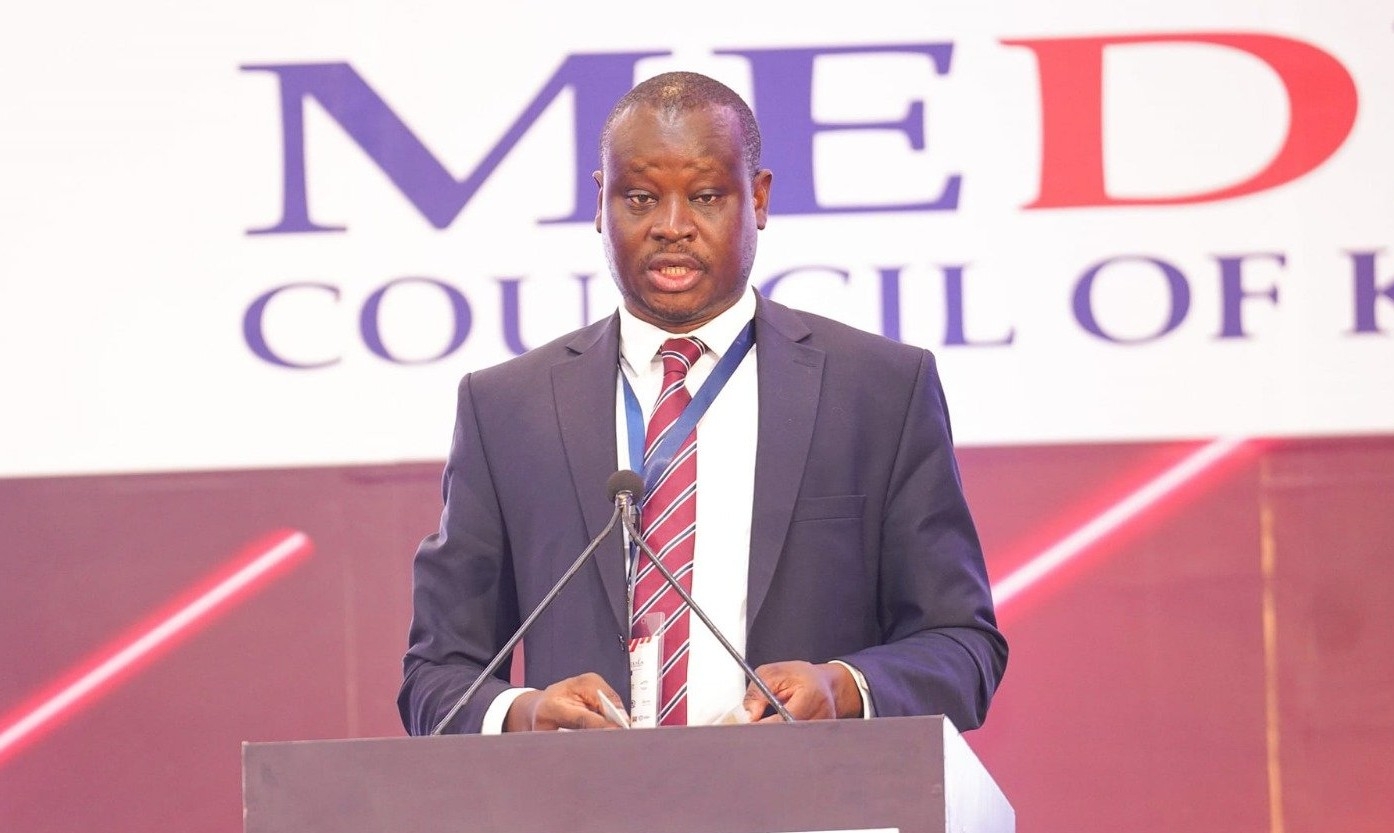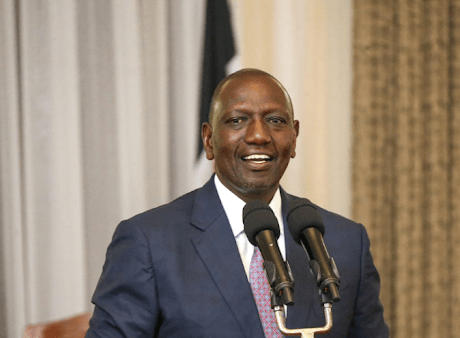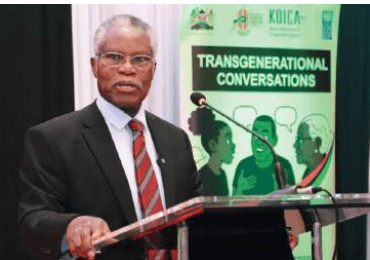National Police Reservists (NPR) currently receive a monthly stipend of Sh5,000, Interior CS Kithure Kindiki told the Departmental Committee on Administration and Internal Security.
In his submissions, the CS noted that National Police Service Standing Orders under Section 115 provide that a reserve police officer shall be paid such remuneration and allowances as the National Police Service Commission shall, in consultation with the Salaries and Remuneration Commission determine.
“Further, Section 8 (1) stipulates that a reserve police officer shall serve voluntarily and shall not be entitled to claim remuneration for his services save for such allowances as may be prescribed,” he said.
The CS was responding to a request for a statement by Marakwet West Constituency Timothy Toroitich regarding NPS reservists deployed in banditry-prone areas.
The lawmakers wanted to be furnished with details of NPS reservists currently receiving allowances as specified under Section 115(1) of the National Police Service Act, 2011 and the criteria used to determine the allowances.
He further wanted the CS to explain the measures the government has put in place to ensure equity for NPR officers.
He also requested Kindiki to explain the process of vetting and training of NPR officers to ensure compliance with the conditional and legal standards.
The CS noted that NPR is recruited from locals who are conversant with their culture and terrain.
“The sub-county security committees, in collaboration with the local administration identify potential candidates,” he stated.
He said minutes are sent to the county security committee, after identification, for verification.
“Minutes are then sent to KPS headquarters together with fingerprints of the recruits. The fingerprints are then forwarded to the DCI for further vetting. Clearance is received before training commences,” he added.
The CS said NPRs undergo a mandatory six weeks training on arms handling, law and safety after which successful trainees pass out through a police parade.



